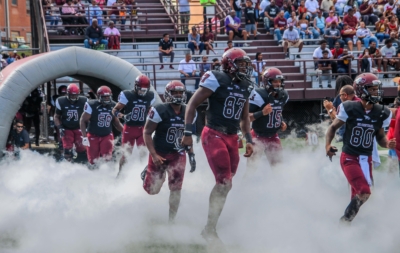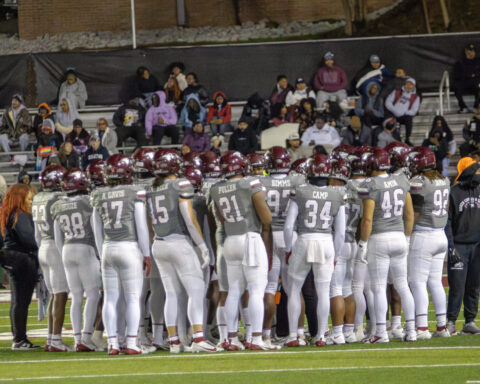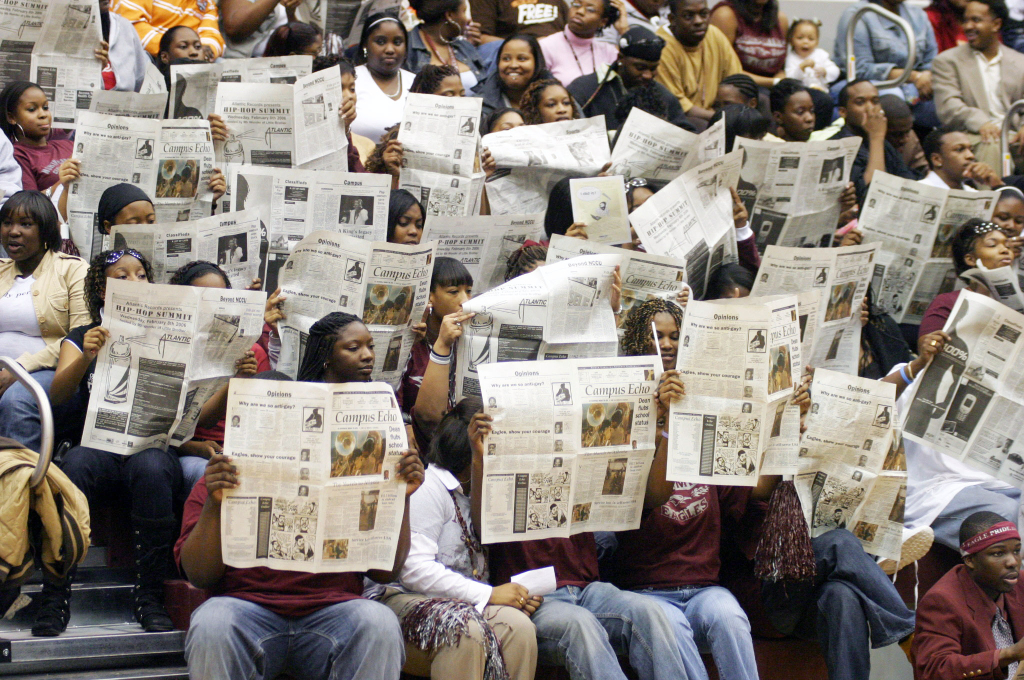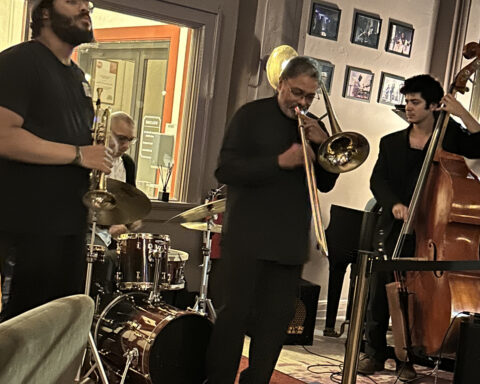While the world is left going in a frenzy about finding a solution to the coronavirus pandemic, student-athletes around the world are looking for answers for their lost season.
Formally known as COVID-19, the virus has quickly spread and has not only affected the lives of many but the sports world as we know it.
Utah Jazz center Rudy Gobert was the first sports player in the United States to be diagnosed positive for COVID-19 leading the NBA to suspend the rest of their season.
Other major sports leagues such as the Major League Baseball and National Hockey League followed suit and suspended the rest of their seasons as a necessary precaution for the virus as a result of its ability to spread to players and fans.
The NCAA was the last sports organization to try and fight against the virus but as a result of the pressures put on by the other major leagues, the organization ultimately canceled all athletics.
One of the main delays for the NCAA cancelations was how much revenue they would lose from one of their biggest attractions, the NCAA college basketball tournament.
NCCU men’s basketball senior forward and MEAC player of the year Jibri Blount was in the midst of a standout season leading his team to another regular-season championship.
The team looked to continue their momentum going into MEAC tournament play but their hopes of another conference championship were ruined.
“It’s tough not being able to finish what we started,” Blount said. “We had set out to do some special things this year. We have accomplished everything we wanted to do so all that we can control.”
While this sudden cancellation has left many fans heartbroken, it leaves a lasting effect on college athletes; particularly those in their final year of eligibility.
Senior baseball pitcher Ryan Decker was disappointed that his senior season was cut short but understands that it was for reasons bigger than sports.
“It definitely has an impact on the seniors especially at first we didn’t know what was going to happen with grant relief of a season or if anybody was going to get a year back, “Decker said. ”Obviously you don’t want anybody getting hurt or in harm’s way when it comes to a virus like this. I do think it was the right thing for the NCAA to try to shut down baseball and
other spring sports.”
Taelor Ferguson, a junior Triple jumper on the track and field team, was in the midst of her comeback season after being injured last year.
“Last semester of indoor season, I went to a conference and I ended up spraining my ankle so I’m gonna use this outdoor season to hit it with a vengeance and come back better than ever,” Ferguson said. “That’s a season I’m never going to get back.”
Taelor continues to be positive about the situation and reminds her fellow student-athletes that “Life happens and you gotta roll with the punches”.
“It’s just a matter of staying positive and looking towards the highs and learning from the lows,” Ferguson concluded.
Senior defensive end Darius Royster was granted the opportunity to participate in the first-ever HBCU combine but his chance to impress NFL scouts was put on hold due to the coronavirus.
“At first, I was kinda sad but I learned that you can’t dwell on stuff you gotta just keep it moving. Everything happens for a reason. God doesn’t make any mistakes,” Royster explained.“ Keep pushing and I’m pretty sure another opportunity will arise. I just gotta stay focused and don’t let no roadblocks stop me in the way of where I’m trying to go.”
The MEAC Defensive player of the year was able to complete his senior season in the fall but “feels bad” those who did not have that same luxury.
He believes that those in their final year of eligibility should receive an extra year to finish out their college career.
“I feel like they should be awarded another year,” Royster said. “[Some athletes] really played a couple years and didn’t get to go to conference play before the season got shut down so I feel like they should be awarded another year.”
While giving senior student-athletes an extra year of eligibility would seem like the right thing to do, the NCAA doesn’t see this as a cheap and easy plan moving forward into the future.
According to USA Today, providing seniors an extra year could cost many Divisions-1 programs thousands of dollars in revenue as well as the cost of scholarships for incoming student-athletes.
Recruiting will also take a major hit with many college campuses being shut down for the foreseeable future, preventing athletes from taking their last important visits to make their decision.
On March 30, the NCAA Division 1 made the final decision to give spring sport athletes whose season was cut short an extra year of eligibility, according to ESPN.
Only time will tell how this extra year can impact college athletics for the good and bad in the upcoming athletic seasons.


















